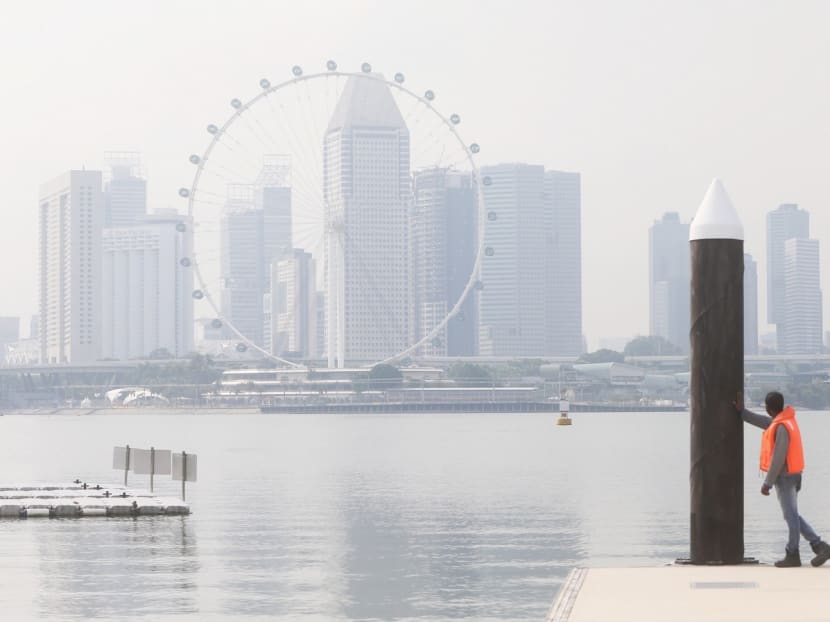‘Culture change key to solving complex issues facing S’pore’
SINGAPORE — Overcoming the “big hurdle” of bureaucratic silos requires a change of culture and is critical to good governance in a complex operating environment, a former head of civil service said. This entails working in a “networked manner” with stakeholders to tackle complicated issues such as terrorism, for example.
SINGAPORE — Overcoming the “big hurdle” of bureaucratic silos requires a change of culture and is critical to good governance in a complex operating environment, a former head of civil service said. This entails working in a “networked manner” with stakeholders to tackle complicated issues such as terrorism, for example.
Mr Peter Ho, now an adjunct professor at the S Rajaratnam School of International Studies and who chairs various government-linked agencies, said that a whole-of-government or even a whole-of-nation approach is necessary to solve and view “wicked problems” in their manifold dimensions.
In his inaugural speech yesterday at the IPS-Nathan Lectures held at the National University of Singapore, Mr Ho referred to the threat of terrorism and said: “No single ministry or government agency (be it the Defence Ministry or the Home Affairs Ministry) has the full range of competencies to deal with this threat on its own. Instead, the efforts of many agencies have to be coordinated and brought to bear on this problem in a whole-of-government approach.”
Speaking to about 500 attendees made up mostly of undergraduates, civil servants and those from the private sector, Mr Ho said that, in Singapore, urban planning is another “wicked problem” — defined by him as a problem with no immediate or obvious solutions.
As a small city-state, the country has to take into account multiple challenges of making space for several needs such as housing, green space, commercial land and military training areas. The entire process would involve close collaboration among economic, social and development ministries and agencies, as well as public consultation.
“Such plans are only possible because of the embrace of a whole-of-government approach, in which trade-offs in land use are made among the agencies. What is protected is not the narrow sectoral interests of the various ministries and agencies, but the larger national interest,” Mr Ho said, adding that the Smart Nation and Digital Government Group was set up recently to push the Smart Nation drive in a whole-of-government fashion.
It is also important to view governance as more than just a service provider today, because it has to go deeper to engage and network with stakeholders. For instance, in tackling the Jemaah Islamiyah (JI) threat, there was outreach to the community, the Religious Rehabilitation Group was started, and the private sector got involved to develop security infrastructure, he explained.
“The JI poses a multi-dimensional (terrorism) threat that not only requires collaboration among security agencies, but also with social agencies that have oversight of issues affecting local communities ... The Singapore approach is to fight the JI network with whole-of-nation networks. That is networked government in action,” he said.
During Mr Ho’s lecture, titled Hunting Black Swans and Taming Black Elephants: Governance in a Complex World, he played on the commonly known phrase “white elephants” and spoke about how governments have been unprepared for “black elephants”, meaning a problem visible to everyone who pretends it is not there because they do not wish to deal with it.
He raised Brexit as an example, noting that the United Kingdom Treasury and British military had no contingency plans even as polls showed it would be a close call.
Taking questions after his lecture, Mr Ho highlighted climate change as one problem where initial warning signs went unheeded and flash floods followed. The Singapore Government overcame this, he said, but the bigger question is how fast it takes to respond to such problems confronting the country every now and then. It is important, he concluded, that there are people within the Government whose jobs are to focus on such long-term issues and to spot potential “black elephants”. TAN WEIZHEN







